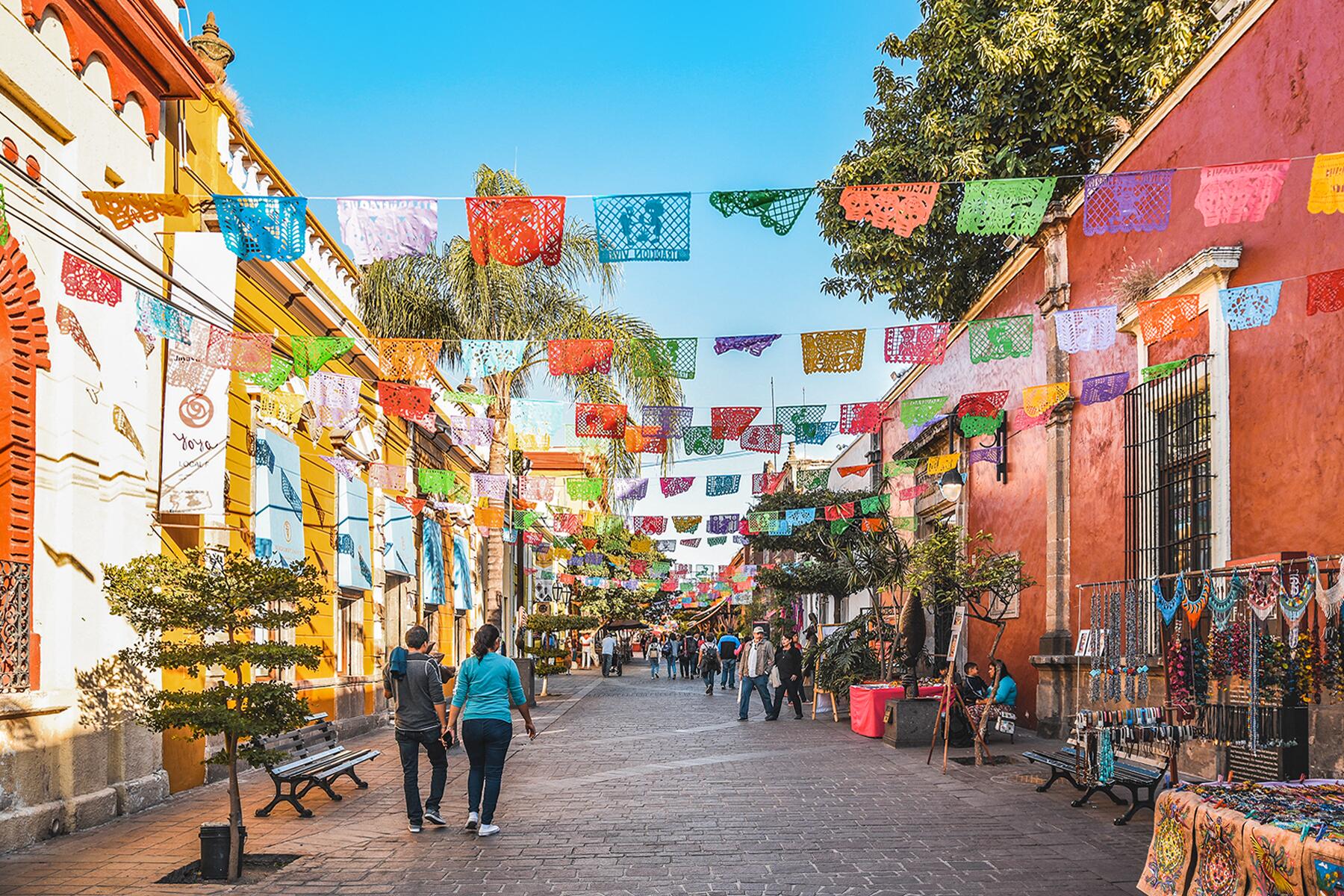If the new bill is passed, the permit would allow visitors to stay in Costa Rica for one year with the possibility of extending for an additional year.
Digital nomads existed long before COVID did, but working from anywhere is no longer just a pipe dream for office workers, it’s a post-COVID reality. Costa Rica has always had a large ex-pat community and the pandemic proved no different. The country’s long history of being a leader in social responsibility and sustainable travel coupled with the boundless nature and outdoor offerings make it a very appealing destination for remote workers who want to experience the “Pura Vida” lifestyle. It is one of the many destinations encouraging foreigners to temporarily relocate, offering attractive programs in an effort to boost tourism.
With borders now open, the Costa Rica Tourism Institute (ICT) is committed to safely re-opening the country to attract both travelers and remote workers once again. A new law aimed at restoring the economy, called “Law to Attract International Workers and Remote Service Providers”, or Law No. 22215, is currently under review, which could allow digital nomads to stay in Costa Rica for a year with the option to renew for an additional year.
“Currently, approximately 2.5% of Costa Rica’s population are expatriates,” says Minister of Tourism Gustavo Segura Sancho. “Costa Rica has always supported foreigners that take up residence in the country–and so, as remote work becomes more prevalent, we see an opportunity to provide travelers with additional means and infrastructure that will allow them to stay in our country for longer periods of time. Not only will this benefit the traveler who seeks to embrace our Pura Vida lifestyle while going about their workday, but it will aid our economy, which depends on tourism and benefits from a longer redistribution of money.”
Recommended Fodor’s Video
What You Need to Know About Law 22215
According to the ICT, in 2020 Costa Rica saw only a third of the tourists it did in 2019. On November 1, 2020, Costa Rica opened its borders to all 50 U.S. states and new airline routes were announced, nearly doubling the number of incoming travelers from November 2020 to December 2020. Digital nomads eagerly packed up their laptops (and in some cases, families) and mainly relocated to Costa Rica’s Pacific side. Over the last few months, the well-trodden district of Nosara and the laidback beach towns in Santa Teresa have become commonplace for digital nomads seeking respite.

Megan Kennedy, Senior Regional Partner at Selina says, “In August we launched our Nomad and Passport programs, and as various countries began to open up, we started to receive loads of digital creative types–people who can work from wherever. By December, nearly 30% of our guests were long-term stay customers–people staying for a month or longer at a time.”
Currently, U.S. travelers visiting Costa Rica are not permitted to stay longer than 90 days without obtaining a visa. If the new No. 22215 bill is passed, remote workers would be given a permit to stay in Costa Rica for a year with the possibility of extending for another year. Applicants would be eligible to apply for family members as well. Under the new law, proof of a steady income that is equal to or greater than $5,000 per month will also be required.
The proposed law would be created under the “estancia visa” category which allows digital nomads to live in Costa Rica as long as their work services are rendered outside of the country and any income generated must also come from outside of Costa Rica. Permit holders would be required to show proof of medical insurance for the duration of their stay and additional privileges, such as opening a bank account, tax-exemptions, and using the visitor’s driver’s license from the country of origin would also be permitted under the new law.
Many hotel operators are also accommodating the influx of digital nomads by providing the necessary infrastructure that remote workers need. “The ‘digital nomad’ concept has always been a part of our DNA, so each hotel is equipped with a high-functioning CoWork and a Common Kitchen where guests can make their own meals,” says Kennedy. “But as the number of long-term stay guests has increased, we’ve been modifying our product to match their needs. For example, we just increased our internet speed from 50 MBPS to 80 MBPS, added additional refrigerators to the common kitchens, and are in the process of upgrading our CoWorks to include more soundproof phone booths and private office space for calls. Operationally, we are adding more ‘local’ tours–like historical walking tours and trips to farmers markets; the types of things that appeal to someone staying longer in the neighborhood.”
The digital nomad bill was first introduced in September 2020 and has been expedited within the courts as digital workers have proven to play a key role in recovery efforts. Remote workers who stay long-term are booking hotels, renting cars, and taking up surfing lessons in their free time, which is all contributing to the local economy.
Other destinations like Dubai, Anguilla, and Bermuda have also offered similar programs targeted at remote workers. Costa Rica, however, has been particularly popular for its outdoor appeal, low cost of living, and excellent handling of the virus. A final decision on the bill is anticipated in the next few months.
Costa Rica Entry Requirements
Costa Rica has been globally recognized by the World Travel & Tourism Council (WTTC) for its efforts in managing the pandemic and maintaining one of the lowest COVID-19 fatality rates in Latin America. Early on in the pandemic, government officials acted swiftly to implement a strict 14-day quarantine order for travelers entering the country after March 5. As cases increased, Costa Rica declared a state of National Emergency on March 16 and closed the borders to foreigners shortly thereafter.
With borders now open and restrictions eased, Costa Rica does not require proof of a negative COVID test for travelers entering the country. However, the Costa Rica Tourism Institute began proactive measures to ensure RT-PCR and antigen testing was readily available at public labs, hospitals, and select hotels nationwide at $100 or less.
Proof of health insurance from one of the approved providers listed here is required as part of the Health Pass form which must be completed before entry. (International insurance policies are allowed as long as they meet certain requirements listed on the website.)
On the ground, locals have been strictly abiding by COVID guidelines and many restaurants and hotels have set up outdoor washing stations requiring guests to wash their hands before entering the building. Costa Rica’s management of the pandemic since the beginning has been a worldwide lesson and, with the new law potentially underway, the country is gearing up to welcome a new era of digital nomads.




